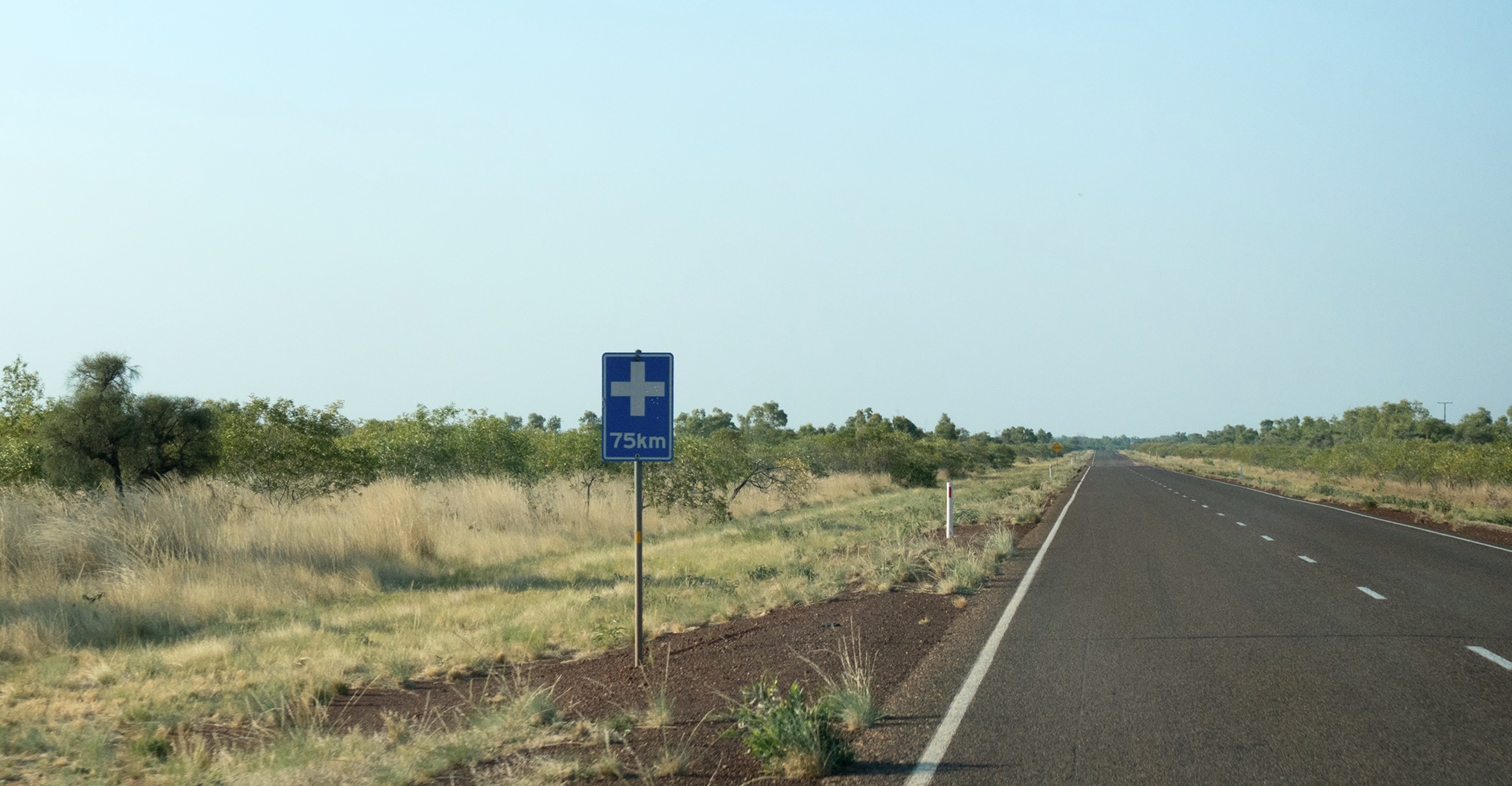Drug support services in regional, remote and rural NSW
For several years Western NSW Community Legal Centre and Western Women’s Legal Support have been part of a coalition of local organisations advocating to the NSW government to establish a drug and alcohol rehabilitation and detox facility in Dubbo. In a major win for the community, funding was announced in the 2020 Budget. The facility will be built in in Dubbo and will offer much needed services to people and communities across the central west of NSW.
Access to treatment and support will have a major, positive impact on people’s lives, especially First Nations people, significantly reducing the distances they need to travel for treatment and support. At the moment, people living in communities across central and western NSW often need to go to Sydney or Canowindra for help, which are several hundred kilometres from Dubbo and up to eight hundred kilometres from Bourke. Being able to access services in Dubbo will save people time and money, it will allow family to visit (which is vital to success), and it will give First Nations people a greater opportunity to remain on, or closer to, Country.
Diversion and access to treatment are critical to the success of people’s recovery. Drug and alcohol addiction is a health issue, not a legal one. We support the decriminalisation of minor drug possession offences and believe that outcomes should focus on treatment, healing and recovery with the support of family and friends. To stop the revolving door of criminalisation, drug addiction matters need to be diverted away from the criminal justice system.
The next step to support people across rural, regional and remote areas of Western NSW is to establish a local Drug Court, so as to allow a more holistic approach to dealing with substance use. It is another layer of support to shift mainstream culture away from a perspective of punishment and towards a more healing, community-based process.
When it comes to drug reform, diversion and decriminalisation are where the answers lie, not depenalisation.


